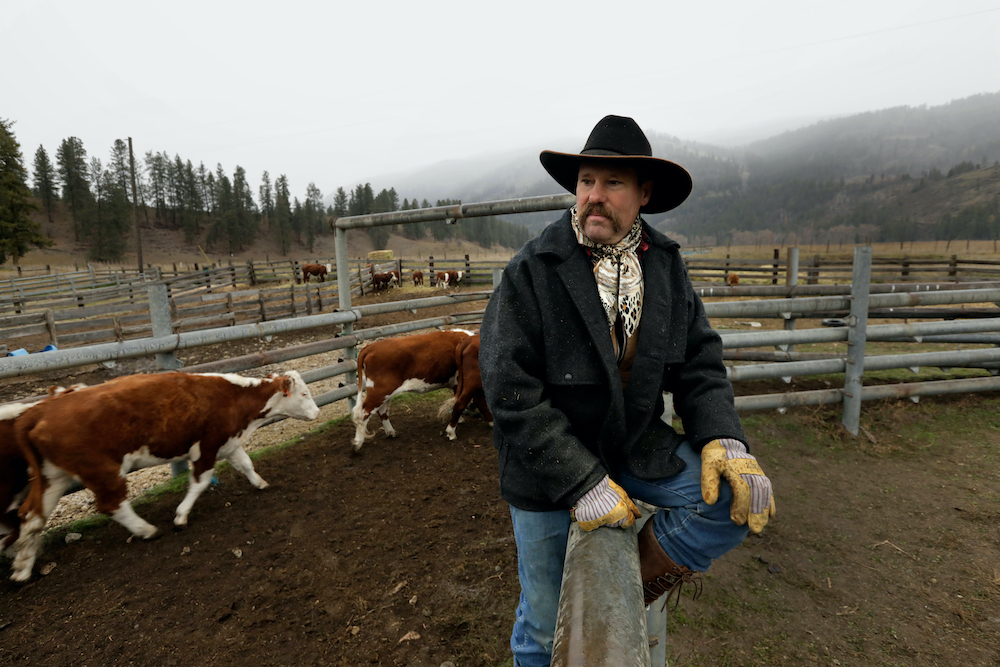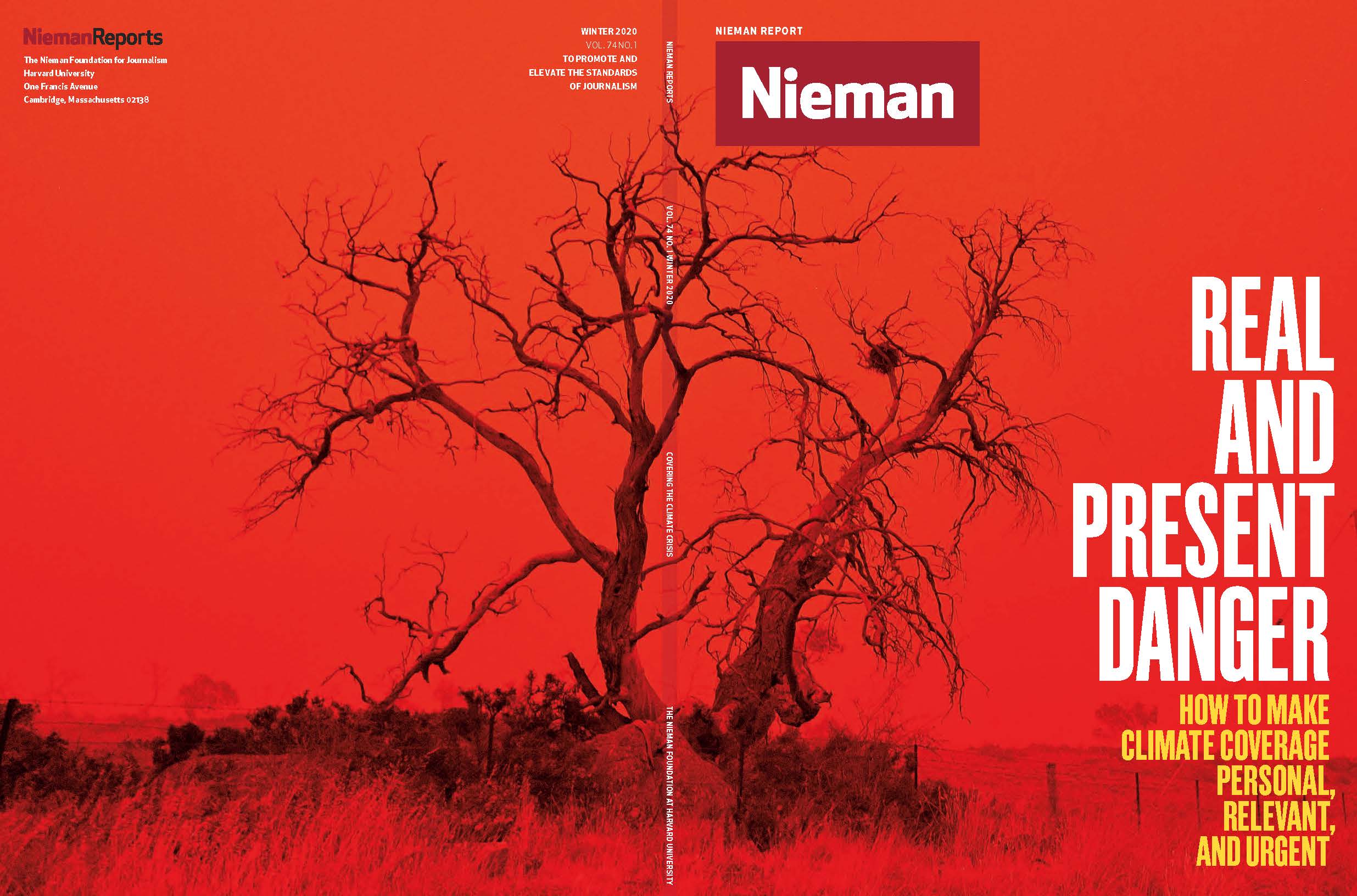
Bill McIrvin at his Diamond M Ranch, where he raises cattle, in Laurier, Washington. According to wolf advocates, the Diamond M ranch is responsible for 26 of 31 wolves taken out in Washington by state officials
During a roundup at the Diamond M Ranch the other day, I dodged a 1,000-pound Hereford and nearly landed on a cow pie.
Hazards on assignment at the eastern Washington spread contrasted with urban perils that I encounter on the west side of the Cascade Range, where I moved a year ago to become Seattle bureau chief for the resurgent Los Angeles Times. Perils in the booming tech hub include delivery guys speeding on electric skateboards and cyclists commuting to Amazon, which employs more than 50,000 in the city, up from 5,000 a decade ago.
I feel lucky, 40 years into my career, to wake up each day and work for a newspaper, let alone a dynamic and expanding one, in a varied corner of the world.
When then-foreign/national editor Mitchell Landsberg hired me, I spent a week in the newsroom that overlooks Los Angeles International Airport, meeting new colleagues and gauging interest in various topics. I had reported for many years at The Oregonian, opening a Tokyo bureau during the Portland paper’s heyday, and then after taking a buyout, helped launch an investigative team for a San Francisco startup.
Working for the LA Times would be my first experience at a national news organization, one purchased in 2018 by billionaire doctor and entrepreneur Patrick Soon-Shiong and managed by legendary editor Norman Pearlstine. My territory – Washington, Oregon, Idaho, Montana, Alaska, and Hawaii – would be bigger than Mexico.
In my first year, I’ve gravitated toward stories at extremes on both sides of what some call the Cascade Curtain that divides east and west, red and blue, rural and urban. It’s the same divide that splits much of the country and occupies other Los Angeles Times national reporters based in L.A., Atlanta, Houston, and Washington, D.C.
On the west side of the Cascades, I’ve reported on: the re-election of Seattle’s socialist city councilor, its soaring home prices and homelessness, the 7,000 dogs registered to accompany Amazon employees to work, and Washington’s attorney general, who has sued the Trump administration more than 50 times.
On the east side: anti-government activist Ammon Bundy and a far-right Washington-state lawmaker allied with him, a mayor who maintains that police should have shot Rodney King, and ranchers who see the reintroduction of gray wolves as a plot to end their federal grazing privileges.
At the Diamond M along the U.S.-Canada border, fourth-generation rancher Bill McIrvin surprised me by granting an interview. He is vilified by animal advocates, who note that 26 of the 31 wolves eradicated since 2012 by Washington’s wildlife agency for preying on cattle were killed after attacks on his cows, which he refuses to protect with range riders.
“Seattle doesn’t ask us what to do with their homeless, and I don’t think we should have to ask Seattle what to do with our wolves,” McIrvin said.
But the problem is that the state-protected wolves aren’t McIrvin’s, any more than the public land where he grazes his cattle belongs to him. Like it or not, east and west are intertwined. I expect to continue crossing the mountains for stories, watching where I step.



